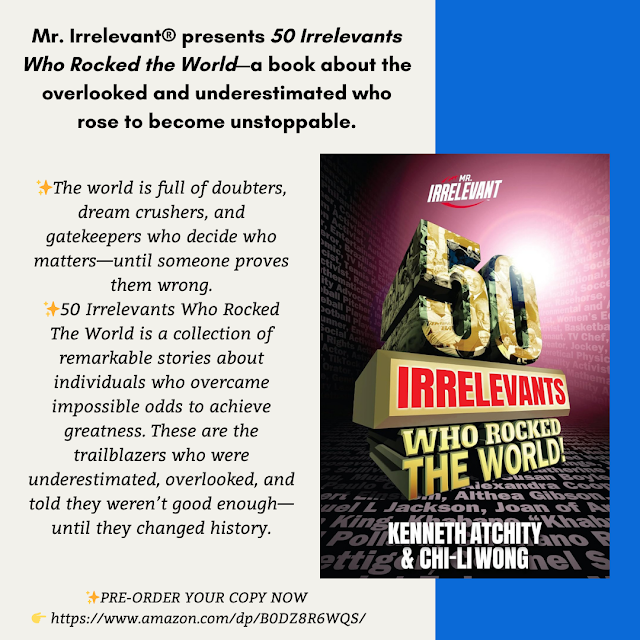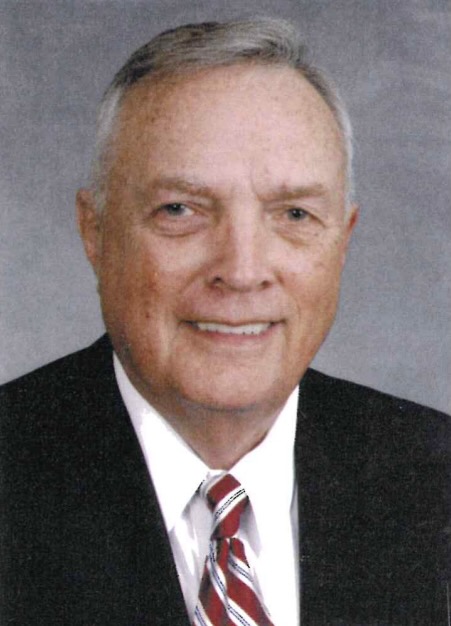Where does the time go?
The nonproductive dreamer: "I don’t know where the time
goes.
Once your Mind’s Eye takes over: "It doesn’t go
anywhere; time’s in your face all the time! It’s knowing what to do with it
that counts."
For me, keeping track of time started at Rockhurst High
School in Kansas City, where the Jesuits taught us to schedule our activities
in precise Accountant segments. A page from the daily list I kept for four
years looked like a space-launch checklist. Every single ten-minute period all
day was chockfull of activities, starting from the moment of awakening to the
last minutes of making the next day’s list.
At the end of each daily agenda, which was written in
pencil, was "tomorrow's to do list": At 10:50 P.M. I allowed myself
eight minutes to work on the next day’s agenda. All day I’d been jotting down
notes in pencil to remind me of things that had to be scheduled for the next
day. During the eight minutes at the end of the day, I created the agenda for
next day. All but one of the individual items on the daily agenda are items of
"micro management" (defined as what to do on the Accountant's clock
when—or “objectives”). The eight minutes at 10:50 P.M. are
"macro-management" --considerably less than 1% of the time available
to me.
Though it served me well as a foundation for future
productivity, it’s immediately obvious that an adult living in our new
millennium, in a life filled with interruptions and immediate demands, can’t
live sanely for long with this excessively disciplined approach. But accurate
description precedes effective prescription.
For accurate consciousness of time-usage to arise, you must
take control one way or another. As years passed, I learned I had to move on
from the severe but satisfying monastic time-management methods of my Jesuit
agendas. I experimented with macro management techniques --what I call
"the Gordian knot style of time management": Cut through the busyness
by doing the important matters first, and letting everything else take care of
itself.
The most familiar macro tool is the to-do list. It’s
excellent for getting specific small objectives accomplished, but ultimately
you’ll want to move on because using the to-do list to control your life ends
up wasting too much time. Yes, you get the important little things done. But
you can’t write, “become an internationally recognized architect” on your to-do
list. The to-do list doesn’t motivate or inspire you because it doesn’t deal
with goals and dreams, only with objectives. That’s why even the shortest to-do
list often gets neglected, ignored, postponed, constantly "carried
over" from one day to the next. There’s a rebellion going on inside you.
Accomplishing the list may satisfy your Accountant, but your Visionary is
longing for more and feeling cheated.
I’ve developed two forms that can help you inventory your
actual expenditure of time so that you can take charge of this most precious
asset and attach it firmly to your dream plan.
The Time Inventory Daily Work Sheet should be filled out at
the end of each day, estimating the number of hours you spend on the various
activities in your life. The example that follows belongs to an imaginary dreamer
who wants to move from his day job as a bank teller to selling the nonfiction
book he’s writing.
When you’re filling out your own work sheet, don’t forget
housework, church and/or volunteer activities, phone time, etc. If the
categories here don’t sound right to you, alter them to suit your own life and
activities. Don’t add up the totals beneath or to the right until the week is
over. But at the end of the week, add them up. Our bank teller came up with 201
hours. Ninety percent of my career management students and clients end up with
weekly audits far under or considerably over 168.
What’s magical about the number 168? The accountant is right
about this one: 168 is exactly how many hours are in the week for all of
us--whether you’re the Pope, a figure skater, the President of the United
States, a stock broker, a major league baseball player, a bank teller, or a
hairdresser.
The discrepancy between your count and 168 arises from your
unawareness of the interaction among the three voices within your mind, the
Accountant, the Visionary, and the Mind’s Eye. In his first week of keeping
track, notice that our future published writer has recorded activities to fill
201 hours in the week. Where did the extra thirty-three hours come from? Now
that he's admitted the discrepancy and recognized its magnitude, he's ready to
get serious. Obviously he's more careful using the work sheet the second week,
making sure he keeps closer tabs on where the time is going.
Once you’ve used these work sheets for two weeks, you have
an accurate enough idea of where your time is going to make use of the Actual
Time Inventory Analysis Work Sheet. Fill out the Activity and Hours per Week
columns using the results of your second Time Inventory Daily Work Sheet.
Next we want to find out, on a scale of 1 to 5 (5 being
highest), how much each activity serves your goals. This is its Visionary
Quotient. And we’re not going to fool with "Sleeping" because the
right amount of sleep is essential on all fronts.
There’s nothing magical about filling out the Visionary
Quotient column. Follow your gut reaction.
The Accountant's Quotient column rates the activity’s
importance to your physical, financial, and psychological welfare. Taking
writing classes, as far as our banker’s onboard Accountant’s gut reaction is
concerned, has minimal present value. Your paycheck from the bank is keeping
the potatoes on the table. Obviously, on the other hand, this teller's
Visionary hates his day job. But notice that neither his Visionary nor his
Accountant is thrilled with the twelve hours weekly this man spends on errands.
Although some might rightly regard "socializing" as a valuable
activity, our example obviously doesn’t. His Visionary hates it as much as he
hates his day job, and his Accountant rates it only a 2. If he’s going to do
anything about his socializing, he should think about socializing with
different people (exchanging the coffee shop in his neighborhood for the one
where the social interaction might lead to useful networking.
The third column, presided over by your Mind’s Eye, combines
the two quotients. This man’s bank job is a pain in the neck to his Visionary,
but it does pay the bills--an activity the Accountant values to the utmost. It
receives a 0 in the Visionary Quotient column, a 5 in the Accountant Quotient column.
But your Mind’s Eye acknowledges that any activity with a combined quotient of
5 or above will not be dropped or seriously reduced in time investment, thereby
keeping both serpents happy.
The blank Actual Time Inventory Analysis Work Sheet below is
for your reassessment. Fill in the categories to suit your own life.
As it recognizes the unique power of both his Accountant’s
and his Visionary’s perception of time, our teller’s Mind’s Eye knows that the
yin of Accountant time and the yang of Visionary time are both valid,
simultaneous, and equally important in their places and for their purposes.
Telling them both that they're correct, and that they can take turns, his
Mind’s Eye negotiates with the Accountant to allow a conservative, cautious
amount of time during which the "success dreams" of the Visionary can
be explored. Without the Mind’s Eye’s intervention, he was constantly
conflicted over his use of time. With his Mind’s Eye’s help and negotiation, he
begins to steal time for success, using his Goal Time Work Sheet to carve hours
from the twenty-four hour clock and to mine, methodically, the breakthrough
energy of the Visionary.
Activities that rate less than a 5 in the M.E. column are
subject to first-round negotiation. Let’s say you hate doing yard work, and
give it a 0 Visionary Quotient and a 1 Accountant Quotient. Obviously, we’re
going to find a way to get that particular activity out of your life. In our
teller’s inventory, "Driving Errands" falls into this category. So he
figures out a way of no longer doing errands. Instead of spending twelve hours
a week on errands, he decides to do four hours of overtime at the bank to pay
for someone to do the shuttle service for him. Or he moves closer to his day
job. These revised decisions, which become "goals," are recorded in
the Goal Time Work Sheet. Notice that by reducing "Driving/Errands"
to two hours, and making a few other adjustments, he’s been able to increase
Sales Calls from thirteen to twenty-four hours per week--which will inevitably
advance his dream more quickly. At the same time, he’s managed to increase the
percentage of time devoted to the pursuit of his dream from 16% (combining
"Sales Calls," "Writing Classes," and "Reading")
to 26% because he’s increased the time available to make those sales calls, but
he’s also changed his way of socializing so that it serves the dream as well.
Time to schedule time
No time you spend is more important than the time you spend
scheduling your time; and that needn’t be more than a tiny fraction of the time
available to you. But scheduling your time is doomed to ineffectiveness unless
you begin from the reality baseline of knowing what you’ve been doing with your
time, and confronting your own lack of awareness about where your time has been
going.
The blank Goal Time Work Sheet helps your Mind’s Eye
complete and memorialize its contract with Accountant and Visionary.
Once your knowledge of your time usage has allowed you to
make new goals and objectives regarding the use of time, how in this busy,
busy, busy world do you enforce the objectives for yourself? How can you
schedule a life that is one, long, endless shrieking, demanding interruption?
After all, you can only turn off the phone for so long without losing your
illusion of control, and all contact with reality.
Next: How to make the clock of life YOUR clock.














